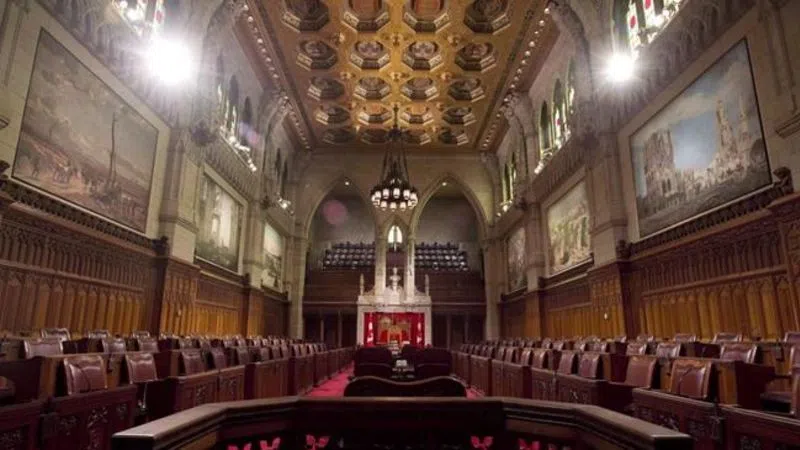
Federal Court of Appeal narrows release of Senate-scandal documents
OTTAWA — The government does not have to release parts of a memo about the Senate’s expense scandals in 2013 because it constituted legal advice for then prime minister Stephen Harper, the Federal Court of Appeal says.
In a ruling dated April 24, a three-judge panel said the document from the clerk of the Privy Council is subject to solicitor-client privilege because Privy Council Office lawyers helped write it even though the clerk, the top federal bureaucrat, wasn’t a lawyer.
The ruling says some emails, letters and other details must be released, including the decision Harper made based on the advice he received in the July 2013 memo. But in all, the appeals court reduced the amount of information that a Federal Court judge two years ago said had to come out.


